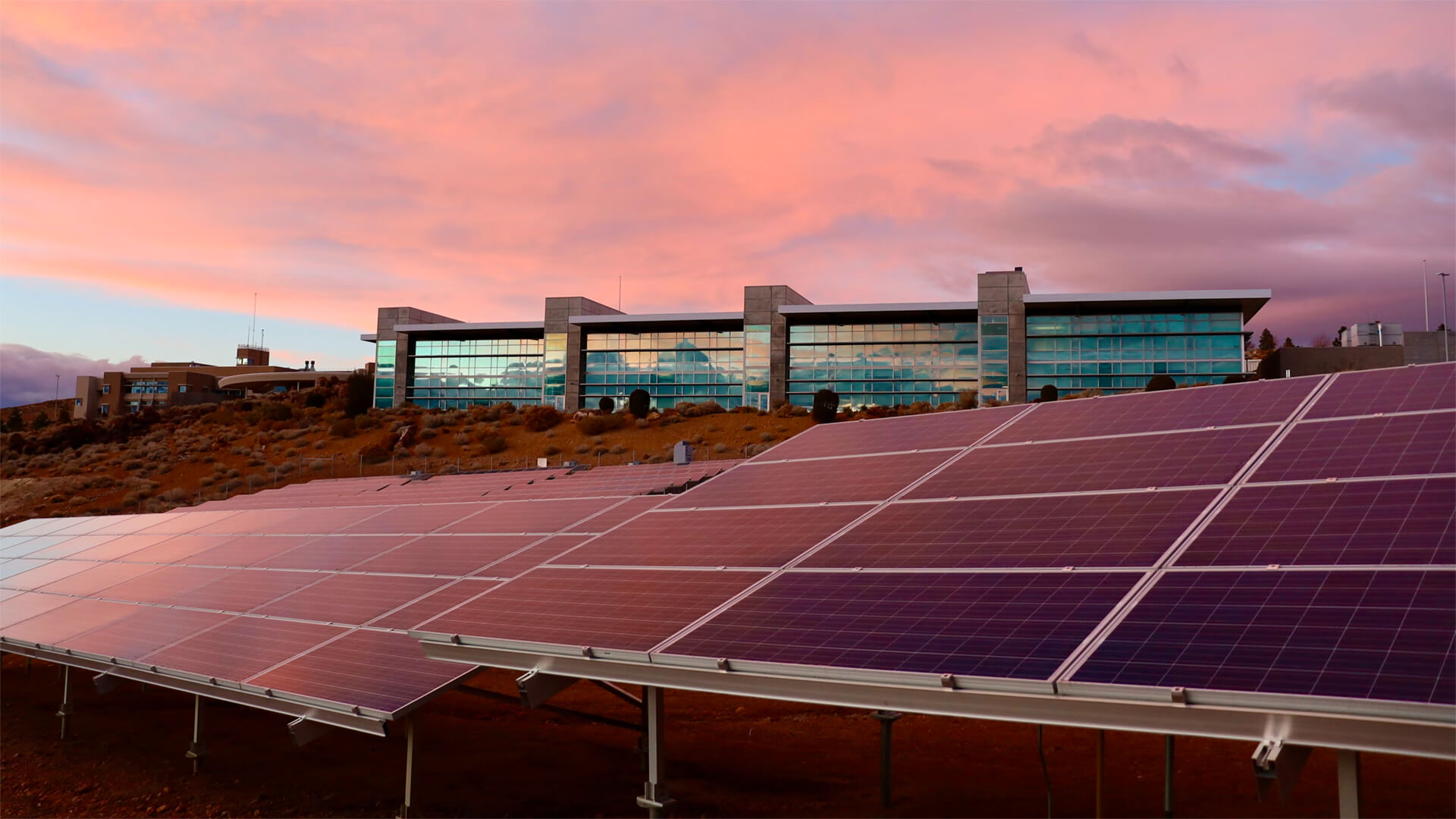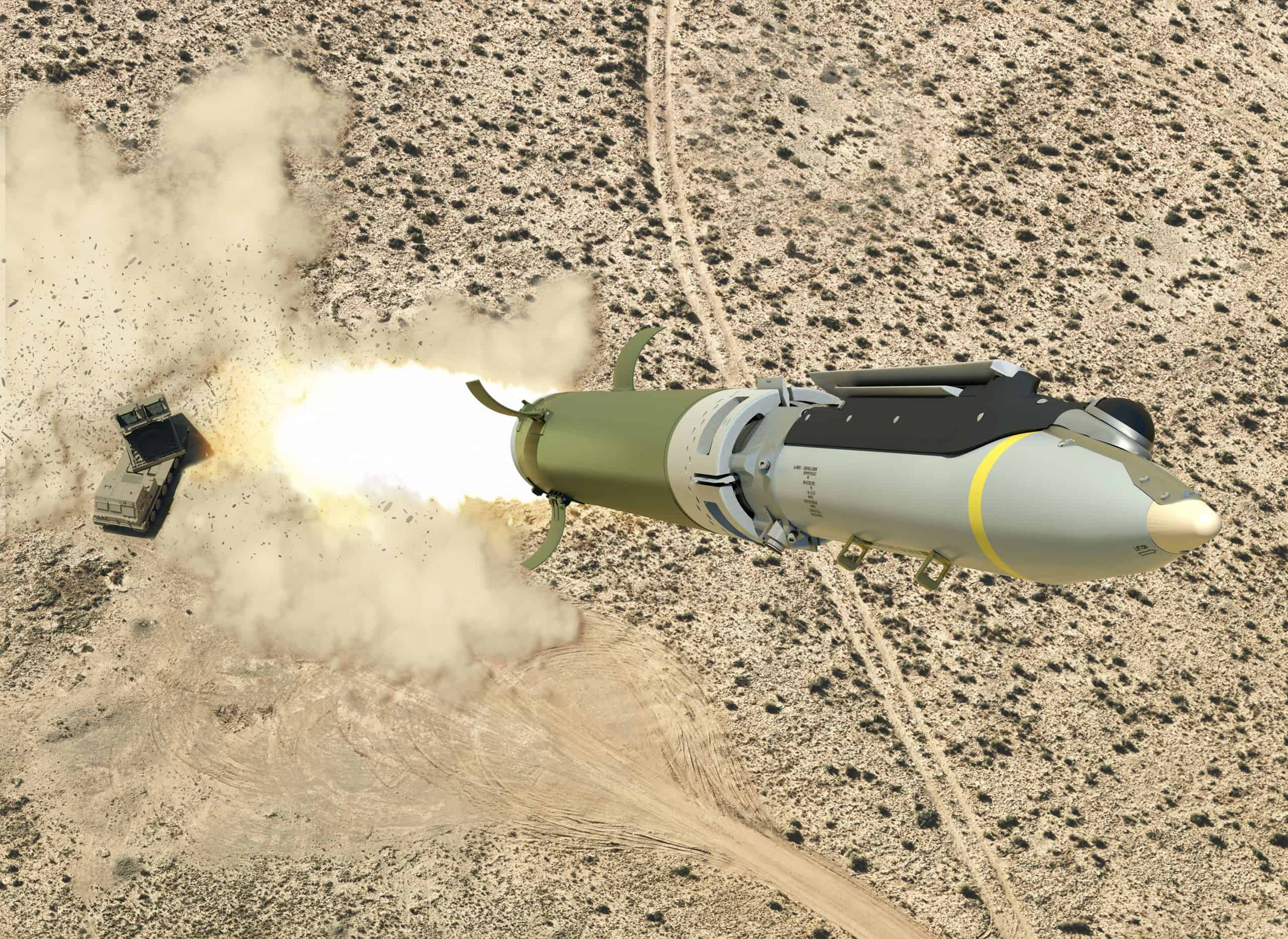I could use some help here. YouTube's AI has seen fit to put a couple of this guy's videos on my feed. You have to get past the interviewer's love fest but this particular interview touches quickly on an awful lot of topics. The comments on Japan's trade negotiations with the US, the US' role on the high seas since WWII and China's population issues are wildly out of step with most of what I see and yet seem to be based on some simple to understand foundations. He most certainly paints a completely different picture for the next ten years.
Lastly, his comments that Russia's military efforts are always a SS at the start until they mobilize a gazillion people and throw them at the problem is concerning especially in light of the Wagner zombie post a little ways back in the thread.
Somebody posted another interview with Zeihan about 9 or 10 months ago. I think it was in this thread, but it may have been somewhere else.
In some areas I think he might have an accurate view of things, but in other areas I think he misses the mark. To put all the ICE that are on the road today a lot of iron and other resources needed to be mined, processed, and turned into products. A lot of that mining is shut down now because the resources have reached a steady state. Instead of old cars going into a landfill, they are recycled. The cloth and plastic are destroyed in the recycling process, but all the metals are recovered and reused. The steel in the next Ford F-150 you see may have been part of a 1965 Chevy Impala in a previous life, and may have started out as a US Navy destroyer or M-4 Sherman tank in WW II.
There is a tremendous amount of resources that go into an ICE. More than goes into an EV. When US automakers decided to outsource most of their sub-assemblies and R&D, they kept final assembly, engines, and in many cases transmissions. Everything else is made by a sub-contractor now. Tesla is unusual bringing a lot more back in house. The reason the kept the engine and transmission development was because these are the most complex parts of an ICE. The engineering that goes into a modern ICE engine is fantastic. And EVs don't need any of it.
The anti-EV lobby has made the case that EVs cost so much to build in the way or resources and energy that their carbon footprint is much higher than ICE. But they only make these comparisons by looking at every resource and energy input that goes into an EV, and ignoring a lot of the inputs that go into an ICE. For 80% of a car, whether ICE or EV, the resources and energy inputs are pretty much the same. ICE require a lot of iron to make the big engine block and the transmission which the EV doesn't need. The EV needs other materials other than iron and because the supply chain isn't completely full yet, those materials do need to be mined right now, but eventually when we reach steady state the batteries in a 2050 Ford will have started out in a 2015 Tesla.
One thing Zeihan is somewhat accurate about is that the transition to electric is going to be huge and it's going to take longer than a lot of the optimists think. It's a massive sea change that requires completely remaking our energy systems.
Another thing he's accurate about is that renewables is not going to be the answer for some places. Northern Europe has very short days in the winter and many places have wet summers with a lot of cloud cover. Solar is not going to be a cost effective answer to their energy needs. At least not domestic solar. Some of the coastal areas have a fair bit of wind, but that has limits too. Europe is a densely populated continent with high energy needs per person. Renewables are low concentration energy sources. If you look at the amount of electricity you can generate per acre of land (or sea), nuclear is at one end of the scale and solar and wind are at the other. There is only so much energy you can extract per acre and with Europe's large population, wind power is not the total answer. Norway is the exception because they have abundant hydro power.
One proposal I saw was for countries like Morocco to plaster their countryside with solar panels and run transmission lines to Europe. That could produce a fair amount of solar generated electricity for Europe, but we don't know what kind of environmental impact covering that much desert with solar panels will do. For one thing you are covering land that is mostly light brown with something that is mostly black. The goal is to convert the solar energy into as much electricity as possible, but the black surfaces will also absorb more heat than the land did and re-radiate it at night.
One thing that some of the countries in Europe may be looking to is Ukraine for NG supplies after the war. It will take a while to bring Ukraine's gas reserves online, but the pipelines to move it to Europe are already there. Ukraine has a lot of NG in the ground.
It's a powerpoint presentation, you can shut off should, and fast forward and read all the slides if you need to move through things quickly.
I listen because I like his sardonic wit.
Perun is like a good college professor. His presentations are information rich, but his presentation is humorous and entertaining.
Zeihan speaks very confidently about things he often doesn't understand very well. His stance on EVs and renewable energy in general makes me cringe.
Today we're talking about the overlooked redheaded stepchild between mining raw materials and incorporating those into a product...processing.

zeihan.com
He does seem to have it in for EVs and renewables. I'm a bit with him on renewables, but not as pessimistic. There are places where renewables are not going to fullfill all energy needs and places where it can.
The point the presenter I linked was making is that Russia has a habit of fouling things up in the first year of a major conflict then, when they truly engage, throw mounds of people at the problem. If he is remotely correct, we have not seen anything yet (including the previous posts you reference) and the masses to come will consume available ammunition. That was the point.
I just dug up Peter Z's videos on solar and EVs. I'm beginning to understand a bit more about where he is coming from and, from a lot of perspective's, he is on point. The sun does not shine the same everywhere which is important when analyzing return for solar power. The world had traditionally not been the best at doubling the supply of XYZ over a short period of time. These observations point towards the need for well thought out implementation of solar. The second on doubling capacity in a given area ignore the fact that Tesla has indeed doubled (actually, way more than) the world's supply of LION batteries and is hard at work securing the mining through end product production integration work necessary to continue to grow the supply of needed elements/components to meet it's goals. Sure, the legacy auto manufactures could not (would not) build useful compelling EVs but they seem to be trying now. It seems Peter spends most of his time analyzing the will to do things and not the ability to do them.
Putting that back on topic, Russia's willingness to throw millions of 17-40 year olds at the Ukraine problem may very well be tested over the next two years. I hope they lack either the will or ability to mobilize such numbers for such a useless cause.
The meme that the Russians tend to get it right after a year is a meme that I've seen in several places in just the last week. It is true for a few wars they have been in, but not all. They turned things around in WW II because they had two of the biggest industrial powers on the planet helping them stay in the fight. The Allies were pumping material into the USSR from three directions at once, one over the north part of Norway to Archangel, another route through Iran, and the third transporting aircraft from the US to the USSR by flying them from Nome, Alaska.
The Russians built their own tanks (though they also used American and British tanks some), but they were completely dependent on US trucks to move cargo and troops away from railheads. They were also completely dependent on American chemicals to make ammunition.
In WW II the Russians were also invaded. They traded land for time in the first two years of the war. They managed to make a stand at Moscow in December 1941, but they started losing ground again in 1942 as soon as the ground dried out. It wasn't until late 1942 that they finally were able to draw a line and hold it as Stalingrad. The Russians were finally able to pry Stalingrad back with the help of their greatest ally: winter.
Germany still tried to go on the offensive in 1943 when the ground dried out, but Kursk turned into a disaster for them and it was all downhill from there.
In WW II Russia was able to outlast the Germans. Germany was a much smaller country trying to conquer the largest country on Earth. Germany was able to make tremendous gains in the first two years, but they didn't have what it took to hold onto the territory. Because Germany didn't have enough troops to properly garrison the parts of the USSR they had conquered (Ukraine, Belarus, and the Baltics mostly), the Soviets were able to conduct a major insurgency in those areas that was a constant problem for the Germans.
In Chechnya Russia was up against an opponent that was much smaller than Ukraine without western resources helping them and it still took a prominent Chechen to switch sides for them to win.
There are many wars where Russia stuffed up the first year and never recovered. Afghanistan, the Russo-Japanese War, WW I, and the Crimean War.
Russia is also facing more resistance to drafting people than they ever did before. Conscription has been very unpopular in Russia for 30 years. The Russians dismantled the Soviet era apparatus to mass conscript a lot of people at once. The more people they draft the higher the risk of rebellion.
Also Russia's draft age population is not the largest cohort like it was in 1941. The draft age population is very small compared to the rest of the population. That population needs to work to support the large class of pensioners. If they get that generation killed off, their economy will collapse not long after the war.
I saw some statistics that said that Russia today has 3X the population that France did in 1914, but the number of draft age people in both countries is about equal. That's how small the younger generation is in Russia.
Russia in the past has been able to throw away a lot of lives in wars, but they can't anymore. They have a labor shortage, but they haven't really realized it yet.





